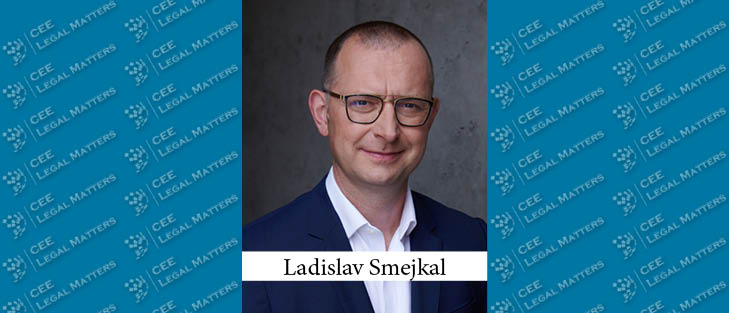Between new consumer class action laws to anticipated reforms in employment regulations, Dentons Czech Republic Co-Managing Partner Ladislav Smejkal highlights reports on how the evolving legal framework could significantly impact businesses, particularly in sectors where consumer protection is paramount.
"The primary development I’d highlight is the recent implementation of the EU’s class actions directive, which came into force on July 1, 2024," Smejkal begins. "This is a significant shift for us because it introduces a new way of handling consumer disputes. Now, when more than ten consumers have a similar claim, they can be represented collectively in court." According to Smejkal, this change could significantly impact big corporations, particularly in sectors like banking, insurance, online shopping, and transportation, where disputes often involve "unfair fees, contractual terms, or other conditions that customers might contest."
Moreover, Smejkal anticipates that "class actions will particularly affect large companies – banks dealing with customer fees, insurance companies, and even transport providers like bus and airline operators. Cases could involve anything from defective products to unfair practices in charging fees." He feels this to be a real game-changer because "we haven’t historically been a country where people frequently go to court for compensation. For foreign investors, especially those with a significant presence here, understanding and preparing for this new litigation landscape will be crucial."
Another key development Smejkal highlights is "the long-awaited amendment to what we call 'the attorney’s tariff,' which dictates the non-contractual compensation for legal services." This tariff, which determines the fees for court-assigned defense counsel or when the winning party claims attorney fees in litigation, hadn’t been updated since 2006 despite inflation and rising costs, Smejkal reports. "This amendment is a significant win for us lawyers, as it better reflects today’s economic realities. The Czech Bar Association has been lobbying for this change for years, and while it’s a positive step, we hope it won’t be the last."
Additionally, Smejkal reports of an "ongoing debate about abolishing the role of non-professional judges in criminal cases – a relic from our communist past when workers were encouraged to participate in the judiciary. The Ministry of Justice proposed a law to remove these lay judges to streamline the justice system, arguing that their presence often complicates proceedings." According to Smejkal, the law was passed by parliament but vetoed by the president, who called for more discussion. "Despite the veto, I believe this reform will eventually pass as it’s aimed at making the system more efficient."
Finally, Smejkal reports that major changes to the employment law framework are in the works. "We are on the brink of a significant overhaul of employment laws, aiming to introduce more flexibility, particularly in dismissal procedures. There’s a proposal to reduce the notice period for underperformance cases to one month and shift the burden of severance payments for occupational injuries from employers to state insurance," he explains. However, some of the considered changes are controversial and have sparked substantial political debate. "In our country, it's currently impossible to dismiss someone without a clear reason, unlike in Anglo-Saxon legal systems, so these amendments, if passed, would mark a substantial shift," Smejkal says. He notes that it is hard to say if the changes will pass. "There’s a lot of resistance, especially from those who argue for protecting employee rights. While some changes might get through, I doubt we’ll see a complete overhaul allowing dismissals without reason anytime soon," he concludes.















